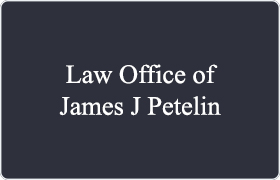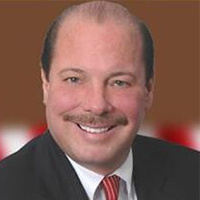Auburn Felony Lawyer, California
Sponsored Law Firm
-
 x
x

Click For More Info:
-
Law Office of James J Petelin
1550 Humboldt Road, Suite 4 Chico, CA 95928» view mapDivorce & Family Law Effective, Client-Focused Representation
James Petelin is a practicing attorney in the state of California who focuses on Family Law.
800-943-9701
Not enough matches for Auburn Felony lawyer.
Below are all Auburn Criminal lawyers.
Allan Robert Frumkin
✓ VERIFIEDLawyer.com Member Questionnaire Please describe a case(s) in the last year or two where you made a big difference. 1. Last Friday---family law ... (more)
Douglas Randall Ensminger
✓ VERIFIEDD. Randall Ensminger been practicing civil and criminal law for over 35 years and found that our clients truly appreciate the time and effort we put i... (more)
Matthew Nicholas Becker
✓ VERIFIEDSome legal matters deserve to be looked at from the professional perspective of a lawyer. The Becker Law Practice is familiar with laws that impact th... (more)
Jelena Tiemann
✓ VERIFIEDJelena Tiemann prides herself on being warm and easy to talk to. She strongly believes in getting to know her clients and all the issues they may be f... (more)
 James Petelin Chico, CA
James Petelin Chico, CA AboutLaw Office of James J Petelin
AboutLaw Office of James J Petelin Practice AreasExpertise
Practice AreasExpertise




